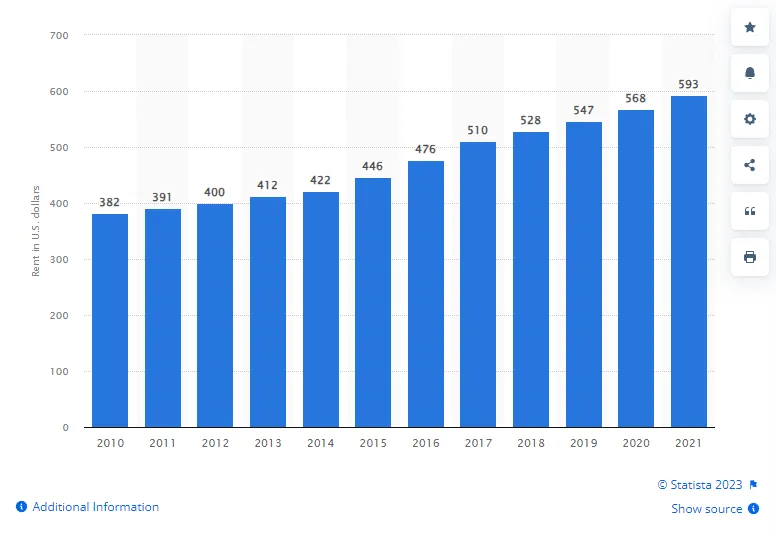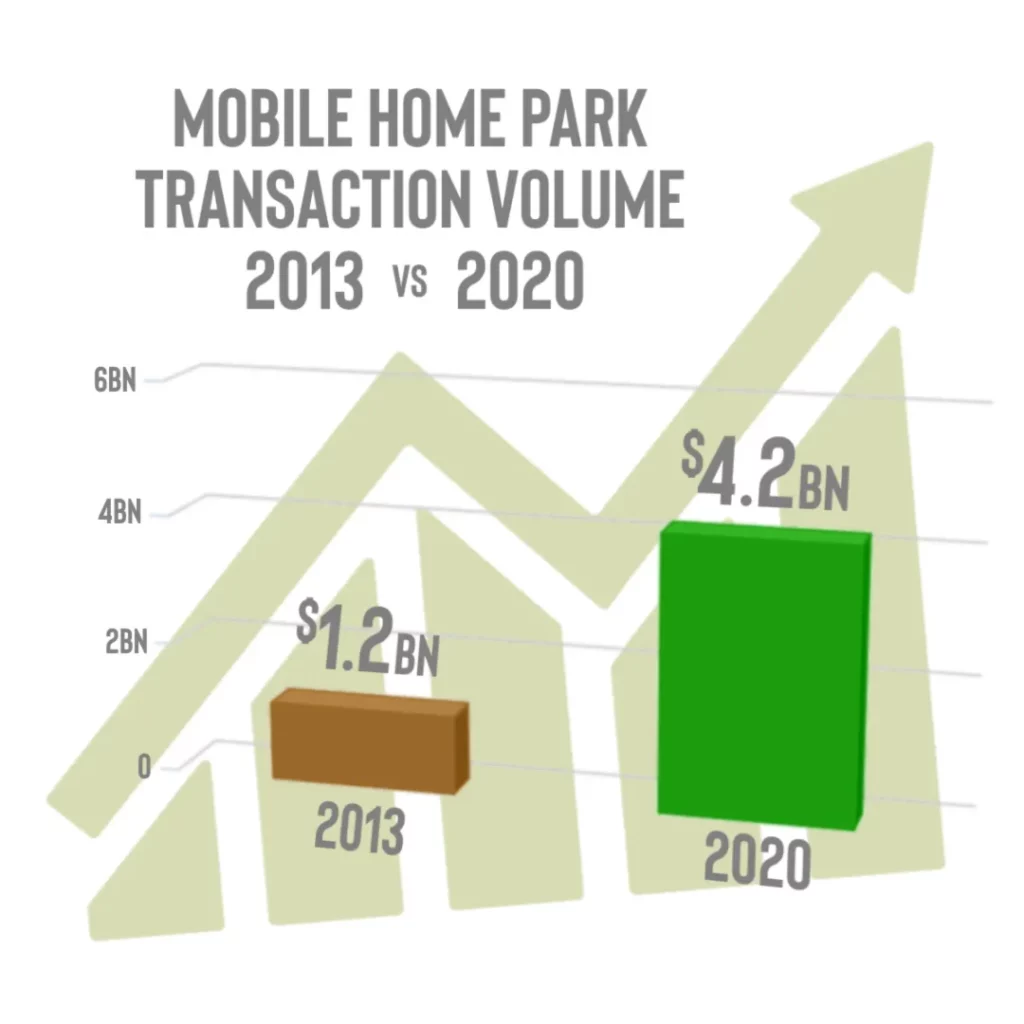Understanding the Potential Profitability of Mobile Home Park Investments
-
 Tristan Hunter - Investor Relations
Tristan Hunter - Investor Relations
The current focus on affordable housing has cast mobile home parks into the limelight, presenting investors with a distinctive investment prospect. The surging popularity of mobile home parks is opening up a unique avenue for those passive investors seeking potential financial gains.
When discussing real estate investing, mobile home parks might not immediately spring to mind. Most investors typically contemplate single-family housing, apartments, and various forms of other commercial property. However, understanding the potential profitability of mobile home park investments should not be underestimated.
This post will delve into the intricate details of mobile home park investments and the inherent potential for profitability.
Let’s dive in!
What Constitutes Mobile Home Park Investing?
Mobile home park investing revolves around the acquisition and management of communities where mobile homes are sited on leased land, often referred to as ‘Lots’. In essence, investors acquire the land and the infrastructure of a mobile home park, with one form of income being generated through “Lot Rent”, as well as various other forms of potential income avenues. This form of real estate investment presents several advantages, including the potential for stable cash flow, relatively lower operational costs, and an established tenant base.
Essentially, You’re Investing in a Parcel of Land
Mobile home park investment boils down to a land investment. Although modern mobile homes are significantly more advanced compared to their predecessors and require less maintenance than traditional houses, some basic upkeep is still necessary.
The mobile home park owner usually encompasses the maintenance of common areas, utility infrastructure and the internal roads within the park.
In contrast to conventional housing, mobile home park property managers are often tenants that live in the park. Moreover, you have the option to manage rent collection personally, eliminating the need for hiring a manager at all. This has the potential to significantly enhance your profit margins.

How Do Mobile Home Parks Generally Generate Income?
The income of a mobile home park owner hinges on the annual rental earnings they accumulate. Their profitability is contingent on ensuring that rental income surpasses the expenses incurred for maintenance, taxes, and loan payments. The goal is to increase Net Operating Income and decrease expenses, which in turn increases the value of the commercial asset.
Beyond rents, mobile home parks can generate revenue through other channels, including but not limited to:
- Ancillary income like: ATM’s, Vending Machines, Cell Towers, Billboards, etc.
- Renting Storage
- Parking fees
- Billing back for utilities and trash
What’s the Extent of Rental Increases in a Mobile Home Park?
In various states, there exist no explicit limits on the permissible magnitude of rent increases within mobile home parks. While certain states, such as New York, cap rent increases, the majority of the decision rests with the landlord.

Some landlords opt for rent hikes in response to escalating local property taxes or after implementing renovations. In contrast, others maintain modest rental prices when they secure reliable tenants. Additionally, investing in upscale amenities presents an avenue for easily augmenting rental rates.
Why Consider Investing in Mobile Home Parks?
Several factors underscore the appeal of investing in mobile home parks, including but not limited to:
Investment Potential
In recent years, major investment banks and private equity firms have been increasingly acquiring mobile home parks. This trend is attributed to the typical promising performance and attractive returns associated with these investments.
The demand for affordable housing in the United States has surged significantly, contributing to a growing trend of investors purchasing multiple mobile home parks. Combined with higher rate caps and evolving ownership models, this market is projected to expand over the next decade.

Potential Profitability
Investing in mobile home parks is often more cost-effective than traditional housing investments. Funds that would typically be allocated to building materials can instead be directed towards enhancing amenities and other value add strategies, thereby increasing the park’s appeal to potential residents.
Moreover, mobile home parks typically possess the capacity to generate revenue even during economic fluctuations while maintaining a substantial profit margin. Park residents tend to exhibit greater longevity compared to renters in other housing arrangements, with historically lower tenant turnover rates in comparison. Designing the mobile home park to cater to senior residents can possibly yield significant profits, as seniors have been more likely to remain for longer periods of time.
Passive Investment
Engaging in passive mobile home park investments typically demands less time compared to other investment ventures. Furthermore, these investments tend to exhibit stability amidst market fluctuations, ensuring the potential for steady cash flow as rental income accumulates monthly. Collaborating with a syndicator can potentially further simplify the mobile home park investment process.
Let’s Talk
Get in touch with us to learn more about mobile home park investing today!
To Wrap it Up
Mobile home park investments represent an often-overlooked yet potentially highly lucrative opportunity. There is a lot of potential in this asset class for a consistent, high-profit revenue stream, offering a passive income avenue for investors. As with any investment, it is important to conduct thorough research, due diligence and consult with a professional before making any investment decisions.
Stay tuned for more passive mobile home park investing guidelines from this blog– which I hope will help you on your mobile home park investing journey!
Disclaimer:
The information provided is for informational purposes only and should not be considered investment advice. There are no guarantees of profitability, and all investment decisions should be made based on individual research and consultation with registered financial and legal professionals. We are not registered financial or legal professionals and do not provide personalized investment recommendations.

Tristan Hunter - Investor Relations
View The Previous or Next Post
Subscribe Below 👇





